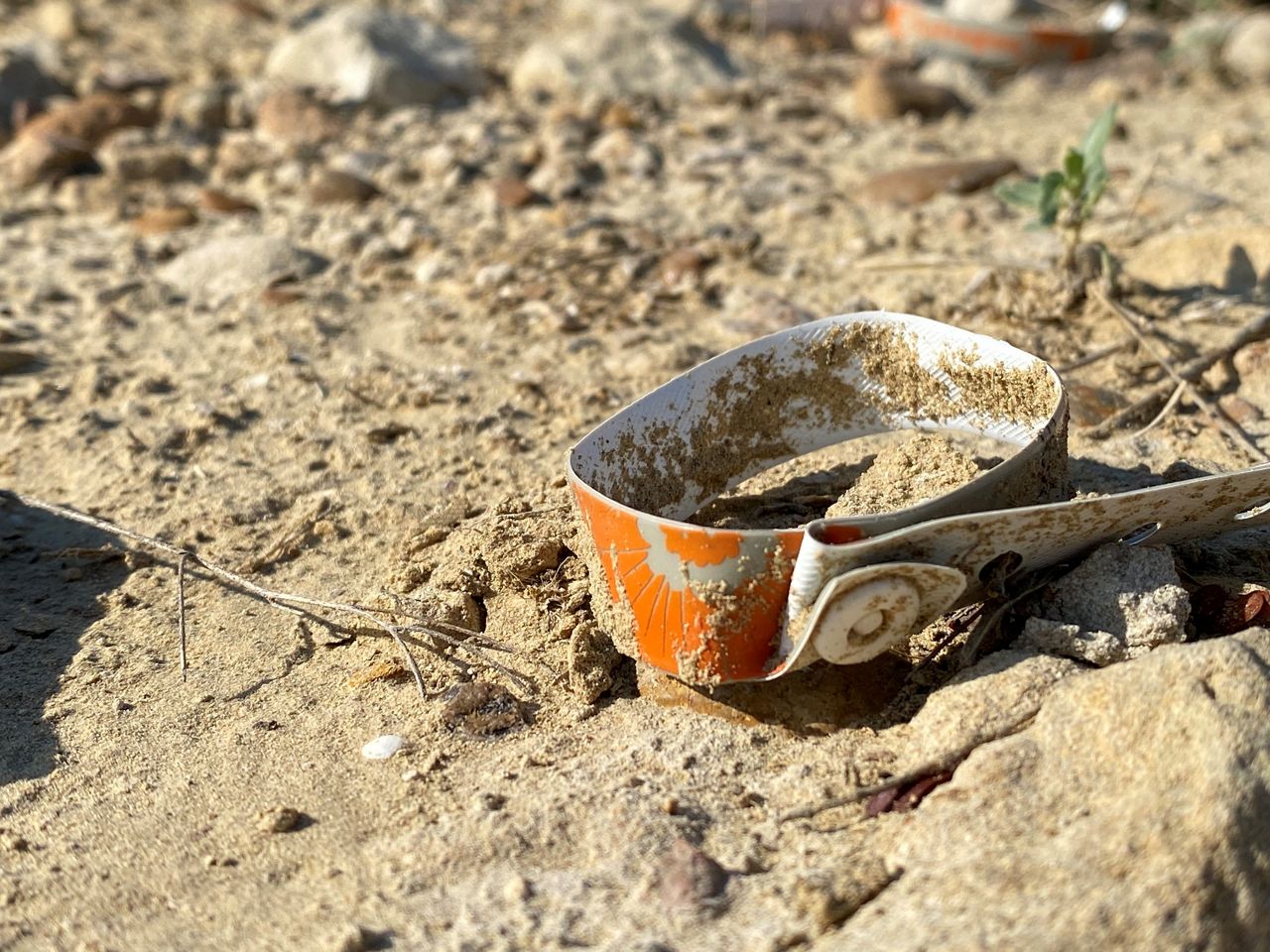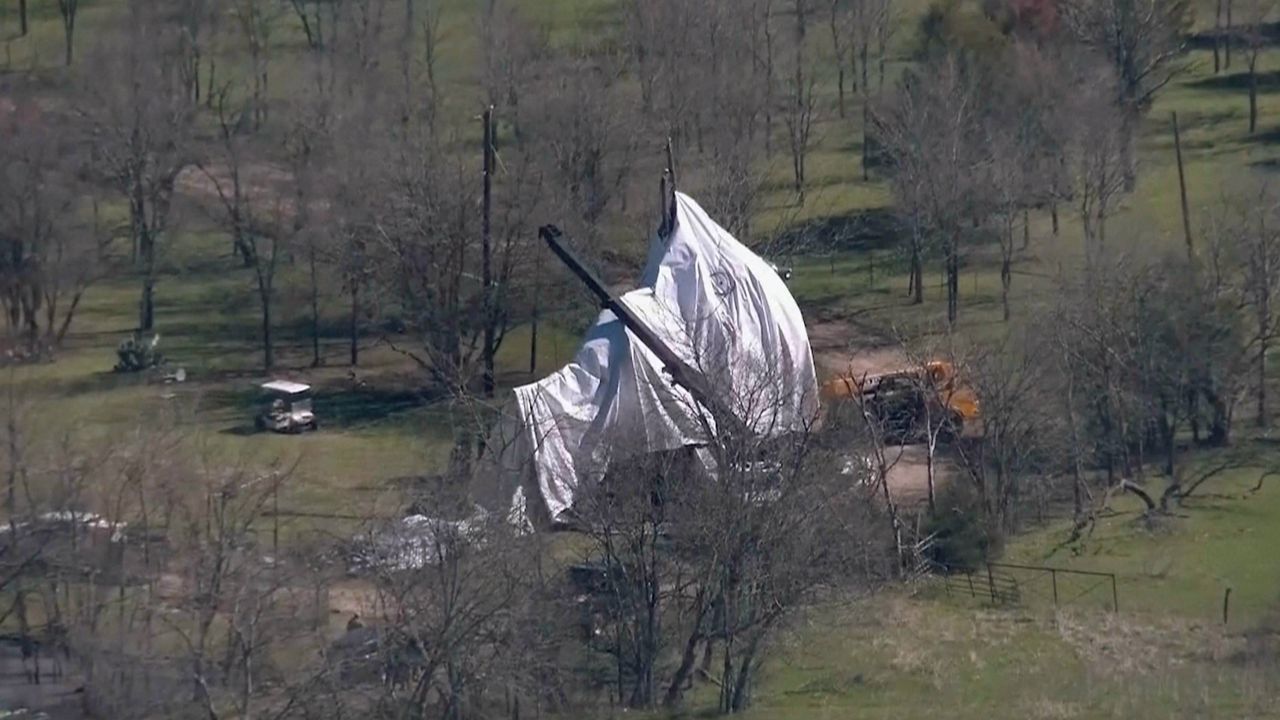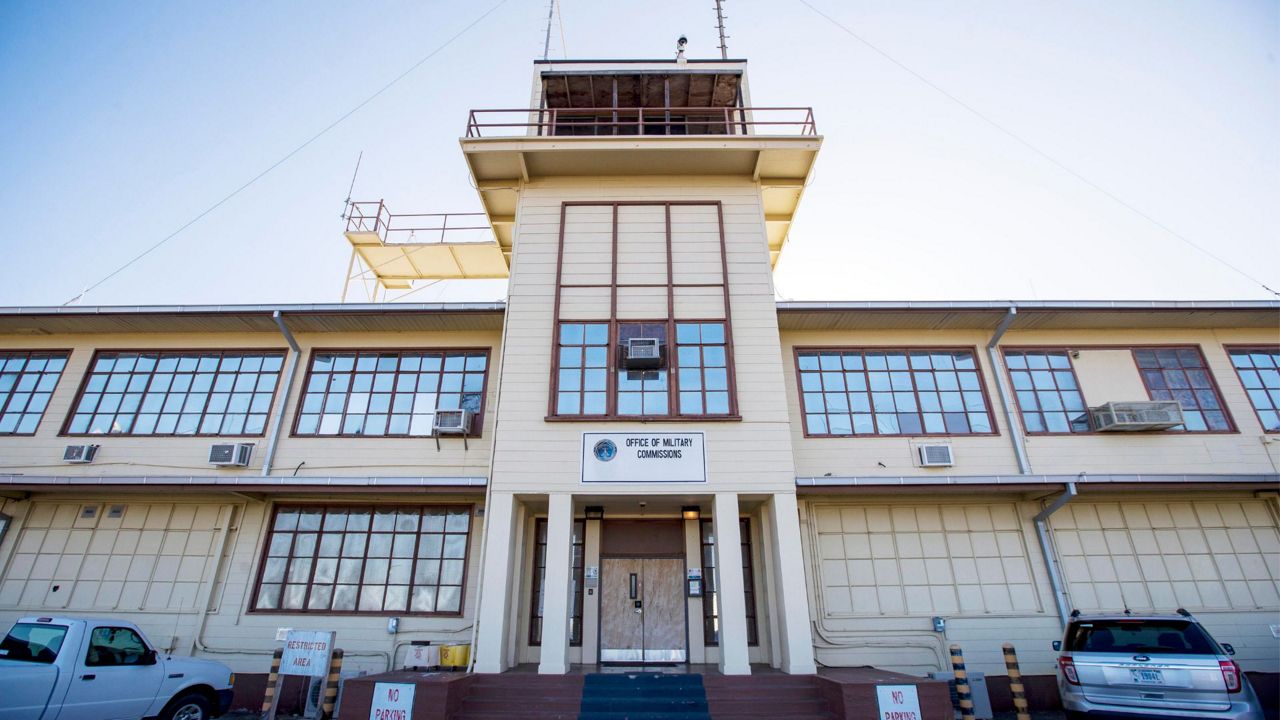ROMA, Texas — Ramon Balboa is a longtime resident of Roma, Texas, as well as an independent journalist who frequently works with local radio station La Pistolera in reaching out to the community.
In his years living on the border he has seen it all in regards to illegal immigration. But this year, a new system devised by human smugglers, who are commonly called “coyotes,” has surprised even Balboa: wristbands.
“These wristbands are placed on migrants by those who cross [them]. This people here, in its majority, [are] children. Like this wristband can belong to an adult. This one says ‘deliveries,’” Balboa said, picking wristbands up from the ground.
The one labeled “entregas,” or “deliveries,” when applied to a human being, Balboa said, indicates “that person or child has made it safe to the U.S.”
U.S. Border Patrol agents were the first ones to notice wristbands on the migrants they detained in order to process. Now they know what they are used for.
“What this indicates is that these migrants have paid a certain organization a fee,” said Lt. Christopher Alvarez, a spokesman for the Texas Department of Public safety.
Much of the terrain around the border is littered with wristbands. Migrants are supposed to ditch them at a river so as not to tip authorities off about how the system works. Not all of the migrants remember to do so, however, and now authorities are aware of the sophistication and organization smugglers employ.
The wristband system includes three colors. Those colors correspond to the number of attempted crossings by a migrant. The wristbands are additionally labeled either “arrivals,” “deliveries” or “departures.” They include a client number, which can be telling in itself.

“We have seen all the way to 9,000. I have seen the 15,000. You realize how many have crossed through this portion of South Texas,” Balboa said.
The price can be anywhere from $2,000 to $5,000 per person. Balboa says the human smugglers have created a complex economic system on the Mexican side of the border that is very profitable.
“If you think about it, all the number of people, they cross, you realize all the profit the human smugglers make,” Balboa said.
Alvarez says the human smugglers are the reason Texas DPS officers are patrolling the border as part of the state’s Operation Lone Star. According to him, many of those smugglers are under the control of drug cartels.
“That goes to show you they have no regard for the safety of others, no regard for the people they’ve been smuggling to the U.S. It’s a commodity, it’s a business,” Alvarez said.
Balboa says the border crisis has taken a new and dangerous turn. He said migrants are returning to the border multiple times, but on second return and beyond it is not in the open. They are attempting to evade authorities, he said, taking to hiding in stash houses without food or water in overcrowded conditions.
Texas DPS and U.S. Border Patrol this month reported a 400% increase in migrants rescued from stash houses. It’s an indication, authorities say, that human smugglers are dramatically increasing their profits.












